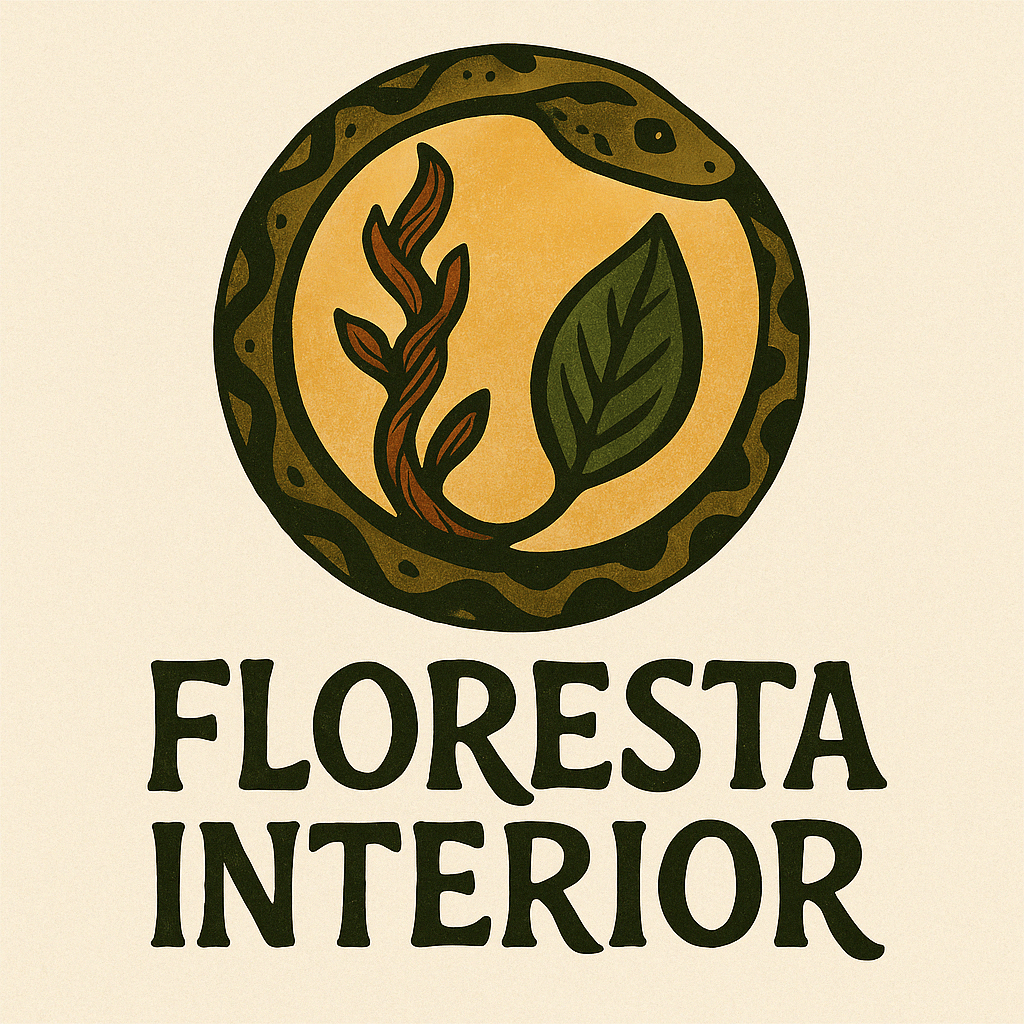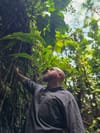Therapy as a Space for Post-Ayahuasca Integration
How psychology can support healing after Ayahuasca and ancestral plant medicine rituals. A space for integration and emotional grounding.
The moment after the ceremony
Ayahuasca experiences often open deep portals: forgotten memories, intense emotions, symbolic visions, subtle insights. The journey may be challenging, expansive, revealing — but it rarely ends when the effects of the medicine fade. In truth, the real journey begins afterward.
Integration: turning experience into a path
To integrate is to give shape to the invisible — to translate the symbolic language of the forest into everyday reality. Without this process, the experience may slip away like a dream upon waking. Therapy becomes a sacred space where what was lived can find meaning, containment, and direction.
The role of the psychologist after the ceremony
A psychologist who understands expanded states of consciousness and listens without judgment can help the individual make sense of what emerged. It's not about analysis or interpretation, but about holding a safe and respectful space for images, sensations, and emotions to unfold. Therapy offers grounding so that the movement sparked by the plant can continue to evolve.
When to seek support?
Even gentle experiences often bring profound reflections or inner shifts that need to be digested with care. In more difficult cases — discomfort, anxiety, confusion — psychological support becomes essential. Integration is not only for those who struggled, but for anyone who truly wants to honor what was lived.
A space between worlds
Post-Ayahuasca therapy is a space between worlds: between the ritual and daily life, between the invisible and the tangible, between feeling and understanding. It is a bridge that allows the traveler to return not only impacted, but transformed. And it is in this conscious return that the seeds planted by the medicine may blossom with depth.

